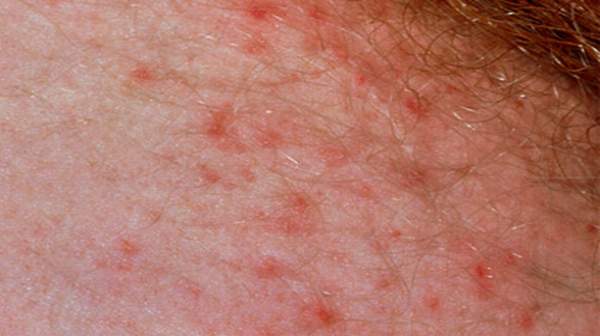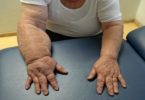Itchy vagina is an uncomfortable and sometimes painful symptom that is often caused by irritating substances, treatable and preventable infections, or menopause. In rare cases, itching may occur due to stress or can be a sign of vulvar cancer. Your gynecologist can determine the cause of your itching through an examination and testing. He or she will then be able to recommend appropriate treatments for this uncomfortable symptom.
Through good hygiene and a healthy diet, you can avoid most causes of vaginal itching.
What Causes Itchy Vagina?
- Bacterial vaginosis. It’s normal to have a healthy mix of bacteria in the vagina. But the wrong bacteria growing there can lead to an infection. Besides itching, other symptoms that come with bacterial vaginosis are inflammation, burning, discharge, and a fishy-smelling odor.
- Sexually transmitted disease (STDs).Chlamydia, genital herpes, genital warts, trichomoniasis, and gonorrhea all can cause vaginal itching and irritation and other symptoms.
- Yeast infection (vaginal candidiasis). About three out of every four women will develop a yeast infection at some point in their lives. Yeast infections occur when the yeast, candida, grow excessively in the vagina and vulva. Pregnancy, intercourse, antibiotics, and a weakened immune system can all make women more likely to get a yeast infection. In addition to irritation, a yeast infection will produce a thick, white, cheesy discharge.
- Menopause. The drop in estrogen production that occurs at the end of a woman’s reproductive years can cause the vaginal walls to thin and dry out. This can lead to itching and irritation. Thinning of the vaginal walls is also a problem in some women who breastfeed.
- Chemical irritants. A number of chemical substances, including creams, douches, condoms, contraceptive foams, laundry detergents, soaps, scented toilet paper, and fabric softeners can irritate the vagina.
- Lichen sclerosis. This is a rare condition that causes thin white patches to form on the skin, especially around the vulva. The patches can permanently scar the vaginal area. Postmenopausal women are most likely to develop this condition.
Symptoms
Although itchy vagina is the hallmark of yeast infections and other vaginal infections (including sexually transmitted diseases [STDs]), itching in the vagina and vulvar areas has multiple causes. Vaginal itching can also arise due to chemical irritants that may be found in detergents or soaps, douches and vaginal creams, toilet paper, bath products, feminine hygiene products, and vaginal contraceptive products.
Women in the menopausal transition may experience vaginal itching due to fluctuations in estrogen levels. As estrogen levels decline in the perimenopause, the vaginal wall becomes thinner and drier, and itching may result.
Some studies have shown a link between psychological stress and vaginal yeast infections. This is likely due to the fact that stress is known to have a negative effect on the immune system and could possibly increase the likelihood of getting a yeast infection in women and men.
How Itchy Vagina treated?
Vaginal irritation will often get better on its own. However, if the irritation continues, is severe, or comes back after treatment, call for an appointment with your doctor. The doctor can do a pelvic exam. The doctor will probably also take a sample of the discharge to find the source of the problem.
How vaginal discomfort is treated depends on what condition is causing the problem:
- Vaginosis and STDs are treated with antibiotics.
- Yeast infections are treated with antifungal medications. They are inserted into the vagina in the form of creams, ointments, or suppositories, or they are taken orally. You can buy these medications over the counter in different doses — one-day, three-day, seven-day. However, if you’ve never been diagnosed with a yeast infection, see your doctor before taking any over-the-counter medication.
- Menopause-related itching may be treated with estrogen cream or tablets.
- Other types of itching and irritation respond to steroid creams or lotions, which reduce inflammation. A prescription-strength steroid cream can relieve the irritation of lichen sclerosis.
In young girls, it’s important to report any itching, burning, or irritation to a healthcare provider, because these symptoms can be signs of sexual abuse.





